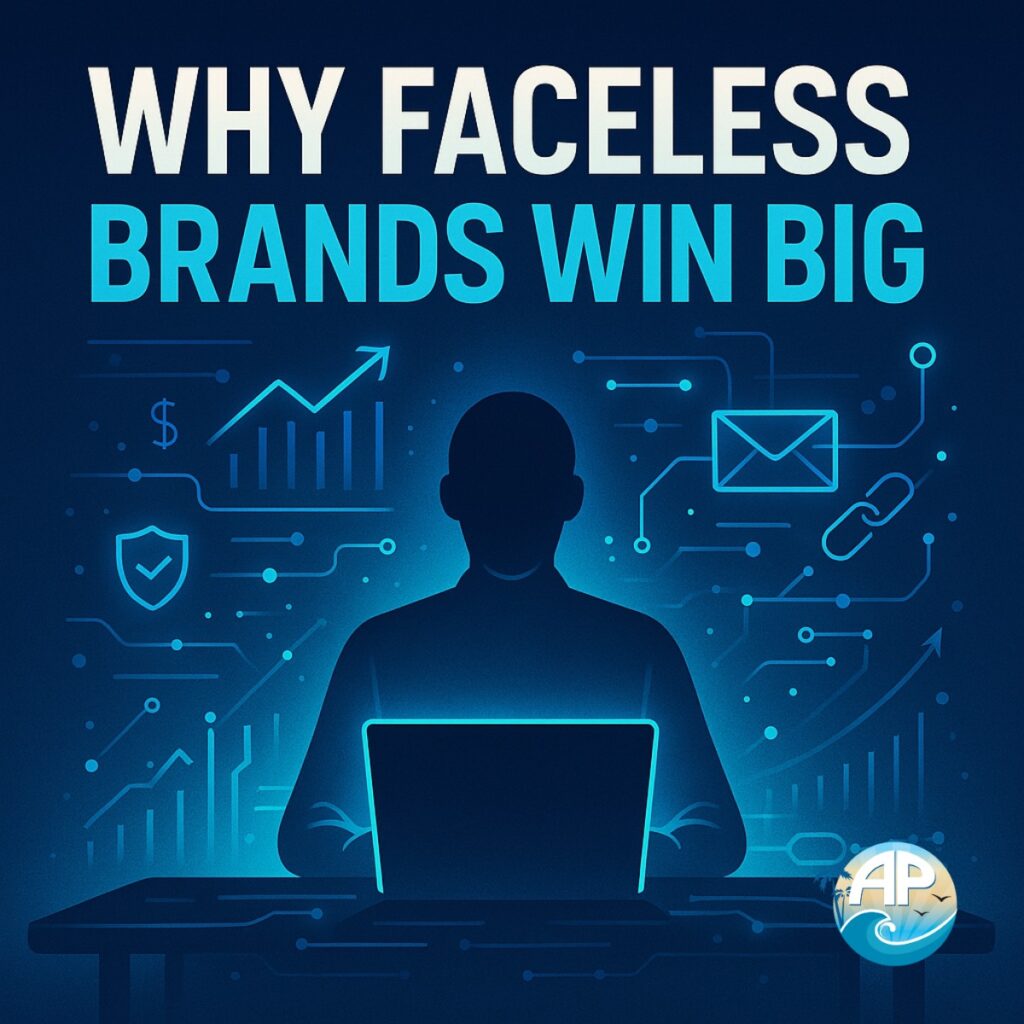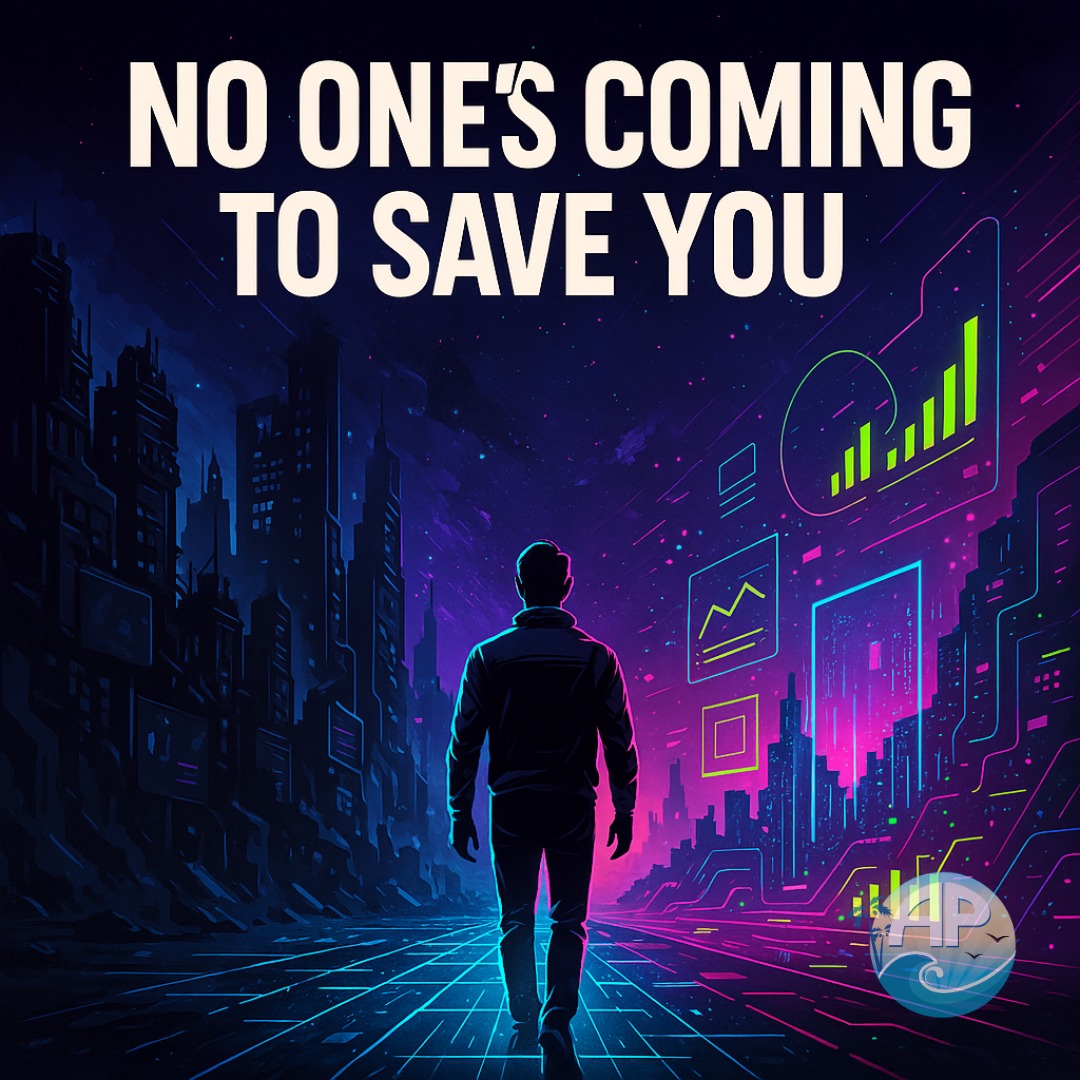Starting your own business can be both exciting and intimidating—especially if you have no prior experience. You may wonder, “Do I need a degree in business?” or “What if I don’t know how to build a website?” The good news? Many of today’s successful online entrepreneurs started with zero experience. What they had was commitment, curiosity, and a willingness to learn.
In 2025, the barriers to entry have never been lower. With the right mindset, tools, and strategy, you can build something impactful—even from scratch. This guide will walk you through practical steps to help you become an online entrepreneur, no experience required.
1. Shift Your Mindset from Consumer to Creator
Most people use the internet to consume content—scrolling, shopping, liking. Entrepreneurs, on the other hand, create value. They launch websites, build products, and offer services.
The first step is mental: understand that you don’t need to be an expert to start. You only need to be a problem solver and someone willing to take action. Confidence will grow as you take small steps forward.
2. Choose a Business Idea That Aligns with Your Interests
You don’t have to reinvent the wheel. Many profitable online businesses are built around simple ideas executed well. Start by listing:
- Your hobbies
- Skills you’ve picked up (even informally)
- Topics you’re passionate about
- Problems you’ve faced and solved
Then ask, Can this idea help someone else?
If yes, you may be onto something.
Popular low-barrier online businesses include:
- Freelance services (writing, design, social media management)
- E-commerce (dropshipping, handmade items)
- Affiliate marketing
- Blogging or YouTube
- Online tutoring or coaching
- Selling digital products (courses, templates, eBooks)
You don’t need to be perfect—just one step ahead of someone you’re helping.
3. Start Learning for Free
Experience is great—but learning by doing is better. Fortunately, the internet is filled with free resources that can get you started. YouTube tutorials, blog articles, and online forums are goldmines of practical knowledge.
Areas to explore include:
- Basic digital marketing (SEO, email, social media)
- How to build a website
- Copywriting and communication
- Tools like Canva, WordPress, and Google Analytics
- Niche-specific skills depending on your business idea
You don’t need a formal education to become an entrepreneur—you need resourcefulness and persistence.
4. Build a Simple Online Presence
Once you’ve selected a niche or service, your next step is to establish an online identity. Don’t overthink it. Start small and expand as you learn.
At minimum, you’ll need:
- A basic website or portfolio (use free tools like WordPress or Wix)
- A clear description of what you offer
- One way for people to contact you (email or contact form)
Your online presence doesn’t have to be perfect. It just needs to communicate your value clearly. You can polish the design later. What matters now is showing up.
5. Offer Value Before Selling
If you want people to trust you, give before you ask. That means sharing your knowledge, providing helpful content, or offering a free sample of your work.
For example:
- If you’re starting a writing business, share writing tips or publish articles.
- If you’re launching a handmade product, showcase your process.
- If you’re building a coaching service, offer a free discovery call.
Building trust leads to sales. This approach also helps build confidence in your own skills.
6. Start Small, Learn Fast
You don’t need a perfect product, flashy brand, or a big launch. What you need is a small first step.
Examples:
- Design a one-page website that explains what you do.
- Offer your service to one client for free or at a discount.
- List a single product on a marketplace like Etsy or Gumroad.
- Write a blog post to start building your audience.
Action leads to experience. Experience leads to improvement.
Don’t let “I don’t know everything” stop you from starting. Start, and you’ll know more tomorrow.

7. Use Free or Low-Cost Tools
You don’t have to invest thousands of dollars in fancy software. In fact, most beginners get by with free or budget-friendly tools.
Examples include:
- Canva – for designing graphics and social posts
- Mailchimp or MailerLite – for email marketing
- Google Docs/Sheets – for organizing content and finances
- Trello or Notion – for project management
- WordPress or Wix – for your first website
Start lean. Upgrade later.
8. Leverage Social Proof Early
You might think, “Why would someone trust me if I’m just starting?”
Simple: let your actions speak. If you’ve worked with a friend or helped someone for free, ask for a testimonial. Even one or two positive reviews can make a difference.
Build social proof by:
- Sharing results from your work
- Posting screenshots of positive feedback
- Publishing helpful case studies
- Displaying testimonials on your website or social media
When people see that others trust you, they’ll be more likely to trust you too.
9. Stay Consistent and Keep Showing Up
The hardest part of being an entrepreneur isn’t starting—it’s continuing when things get tough. You might not see instant results, but consistency is what separates those who succeed from those who quit too soon.
- Create a weekly plan
- Show up regularly (even if progress feels slow)
- Reflect, learn, and adapt as you go
Treat your journey as a process. Every step—no matter how small—counts.
10. Join Communities and Ask for Help
You don’t have to do it alone. The internet is full of communities that welcome beginners with open arms.
- Join Facebook groups or subreddits in your niche
- Follow creators and small business owners on social media
- Engage with others by commenting, asking questions, and offering value
When you surround yourself with like-minded people, you learn faster—and feel less alone.
Final Thoughts
Becoming an online entrepreneur without experience isn’t just possible—it’s common. Every successful entrepreneur started as a beginner. What makes the difference is taking initiative, being willing to learn, and continuing through the challenges.
In 2025, the tools and knowledge are all within reach. You don’t need permission. You don’t need credentials. You just need a reason, a plan, and the courage to begin.
Start small. Start messy. But most importantly—start.



